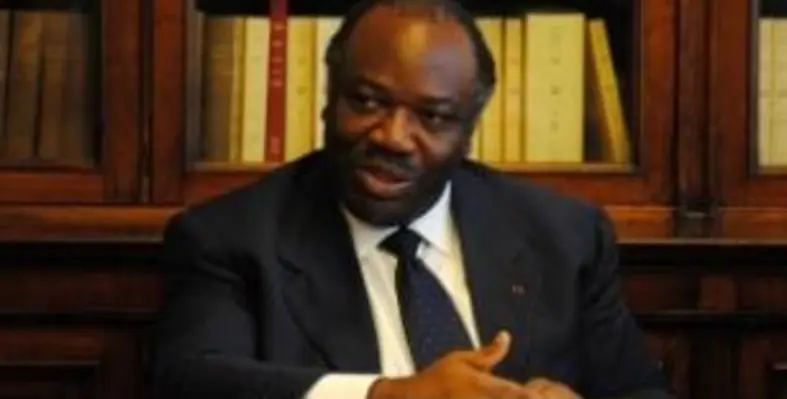Page 2 of 2
For finance and society
But Akinkugbe’s presentation went beyond the oil potential that Gabon represents. Ecobank, the bank she works for, has a presence in Gabon, as it does in 31 other African countries, throughout Middle Africa
(south of the Maghreb, north of South Africa), making it the bank with the biggest footprint in Africa. It retains its pre-eminent status by financing expert research, and Akinkugbe’s presentation included more than energy.
It echoed what the Minister of the Economy, Luc Oyoubi (one of four senior ministers that attended the conference) had told the conference; that, in addition to reserves of oil and gas, Gabon has sizeable mineral resources of iron, gold, diamonds, magnesium, cobalt and other minerals. Recent explorations have revealed more than 900 potential mineral deposit sites in Gabon,” the minister told delegates.
Akinkugbe’s presentation described highgrade manganese deposits of more than 250mn tons at Moanda near Franceville. Already, Gabon is the world’s fourth-largest producer of manganese – extracting 1.8mn tons worth almost US$6bn in 2011, but the country is looking to increase production to 5.7mn tons by 2015 to become the world’s number one producer.
And Akinkugbe revealed that new investments from international mining companies will seek to exploit precious metals and gemstones, principally gold, silver, and diamonds as well as niobium,
phosphates, lead, zinc, baryte and talc. As he announced in his Social Agenda document, President Ali Bongo’s “Emerging Gabon” vision is based on the domestic conversion of these raw materials. “The Industrial Gabon component will draw on the domestic conversion of our raw materials into goods. For it is true that no country can grow solely by exporting raw materials.
“This dynamic trend started with the ferro-manganese production that will thus be consolidated, thanks to the exploitation of new manganese deposits, the construction of new railways and the exploitation of iron from Belinga. In the long-term, Gabon has the potential to become a metallurgy centre, with a dynamic fabric of SMEs exporting iron-based products to the whole sub-region and beyond. Similarly, a petrochemicals centre will develop, with the conversion of hydrocarbon resources and the production of fertiliser.”
However, no matter how important the extractive industries, or indeed the timber industry are, it is agriculture that is arguably the most crucial economic sector to the vast majority of the Gabonese population, currently employing approximately 95 per cent of the population, even though it only accounts for just five per cent of GDP. Food crops make up the majority of the country’s agricultural production yet there are over 20mn hectares of unplanted arable land, representing a huge potential for new crops.
The food crops currently grown in Gabon are cassava, bananas, ground nuts, cocoyams, yams, sweet potatoes and maize – and the government’s priority is to develop agriculture by producing staples in order to ensure food self-sufficiency, but there are ample opportunities for investment in commercial farming enterprises Olam, for example, intends to create a number of plantations and plant thousands of hectares of oil palm.
“Our strategy is clear; we want to partner with companies and investors who are looking for long-term sustainable returns,” the President emphasised at the conference. “We have set out an ambitious agenda. We won’t achieve our goals without the active support of the private sector. We are looking for the right partnerships to help us. We don’t want patronage. We want partners. We don’t want handouts, we want investors. We are looking for companies to help us to realise the full value of the assets that we have; for long term returns, for many years to come.
“Our motive for pursuing such a strategy is simple: we want more jobs and better livelihoods for our citizens, today, tomorrow and long into the future. For this reason we won’t accept forms of development that compromise our natural environment.”
Stephen Williams












